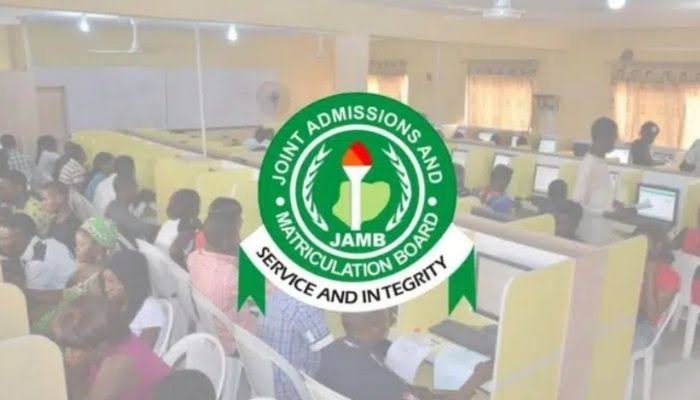JAMB Agricultural Science Past Questions
The Joint Admissions and Matriculation Board (JAMB) is the national examination body in Nigeria. It is responsible for conducting entrance examinations for students who wish to gain admission to universities and other tertiary institutions in Nigeria.
The JAMB agricultural science exam is one of the most important exams that students take. It is a very competitive exam, and only the top scorers are admitted to the best universities.
If you are planning to take the JAMB agricultural science exam, it is important to start preparing early. One of the best ways to do this is to study JAMB agricultural science past questions.
Past questions can give you a good idea of the types of questions that are likely to be asked on the exam. They can also help you to identify your strengths and weaknesses in the subject.
In this blog article, we will provide you with a comprehensive guide to JAMB agricultural science past questions.
We will discuss how to find and use past questions, as well as provide you with some tips on how to answer them effectively.
How to Find JAMB Agricultural Science Past Questions
There are a number of places where you can find JAMB agricultural science past questions. One option is to purchase a book of past questions from a bookstore. There are also a number of websites that offer free downloads of past questions.
When choosing a source for past questions, it is important to make sure that the questions are authentic. You should also make sure that the questions are up-to-date.
How to Use JAMB Agricultural Science Past Questions
Once you have found a source for past questions, you can start using them to prepare for the JAMB agricultural science exam. Here are a few tips on how to use past questions effectively:
-
Start by reviewing the syllabus for the JAMB agricultural science exam. This will give you an idea of the topics that you need to focus on.
-
Once you have a good understanding of the syllabus, start working through the past questions. Pay attention to the types of questions that are asked, as well as the level of difficulty.
-
If you find that you are struggling with a particular topic, focus your studies on that topic. You can also find additional resources online or in the library.
-
As you work through the past questions, make sure to keep track of your mistakes. This will help you to identify your weaknesses in the subject.
Tips for Answering JAMB Agricultural Science Past Questions
When answering JAMB agricultural science past questions, there are a few things that you can do to improve your chances of success. Here are a few tips:
-
Read the question carefully and make sure that you understand what is being asked.
-
If you are not sure how to answer a question, try to break it down into smaller parts.
-
Use your knowledge of the syllabus to answer the question.
-
If you are still struggling to answer a question, try to find a similar question in your textbook or online.
-
Be sure to answer all of the questions.
FAQ
What are the benefits of using JAMB agricultural science past questions?
There are a number of benefits to using JAMB agricultural science past questions. First, they can give you a good idea of the types of questions that are likely to be asked on the exam. Second, they can help you to identify your strengths and weaknesses in the subject. Third, they can help you to develop your problem-solving skills.
Where can I find JAMB agricultural science past questions?
There are a number of places where you can find JAMB agricultural science past questions. One option is to purchase a book of past questions from a bookstore. There are also a number of websites that offer free downloads of past questions.
How should I use JAMB agricultural science past questions?
When using JAMB agricultural science past questions, it is important to follow a few simple tips. First, start by reviewing the syllabus for the JAMB agricultural science exam. This will give you an idea of the topics that you need to focus on. Second, work through the past questions carefully, paying attention to the types of questions that are asked, as well as the level of difficulty. Third, make sure to keep track of your mistakes so that you can focus your studies on your weaknesses.







